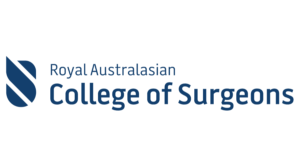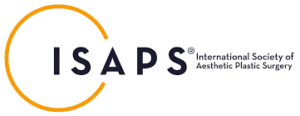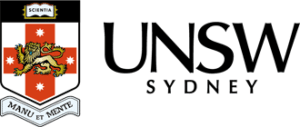Dr Scott Turner
Specialist Plastic Surgeon AHPRA Registration MED0001654827
Performing Face, Nose and Breast Plastic Surgery
Clinics in Eastern Surburbs and Northern Beaches

Explore our photo gallery of plastic surgery procedures
We know plastic & cosmetic surgery is a big personal decision that requires a lot of faith on your part. Dr Scott J Turner is an experienced Sydney based Plastic Surgeon (not a Cosmetic Surgeon).
Have a look at his before & after photos gallery to see some of the Dr Turner surgical results.
Explore Dr Scott J Turner's most requested Cosmetic Surgical Procedures
Our clinics
-
EASTERN SUBURBS
BONDI JUNCTIONFaceplus Aesthetics
Suite 1902, lvl 19 Westfield Tower 2
101 Grafton St
Bondi Junction NSW 2022
Phone: 1300 437758 -
NORTHERN BEACHES
MANLYFaceplus Aesthetics
Suite 504, lvl 5
39 East Esplanade
Manly NSW 2095
Phone: 1300 437758







